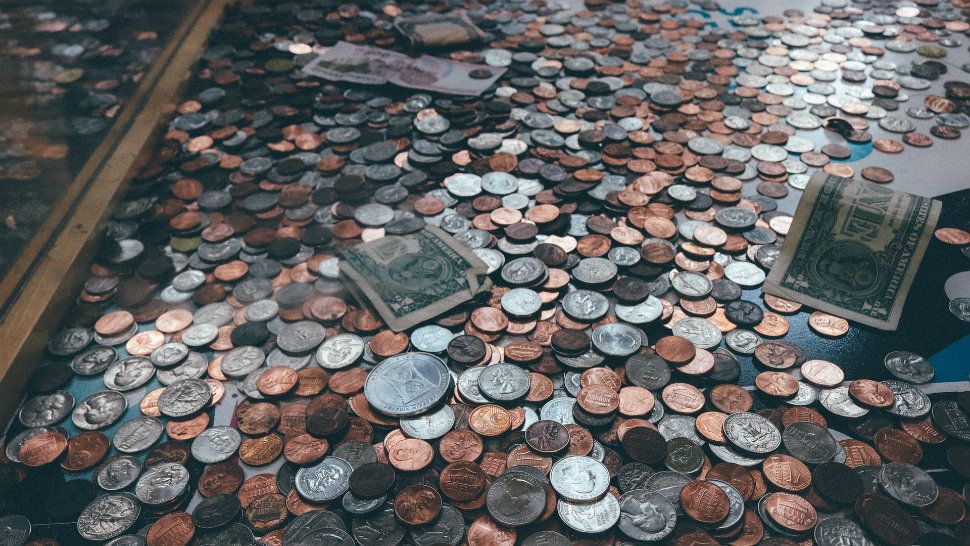NATIONWIDE — Cash may no longer be king in the age of credit cards, but hard currency – or more specifically, loose change – is becoming a lot harder to come by.
What You Need To Know
- The United States is facing a coin shortage
- It's being blamed on COVID-19 shutdowns
- The Federal Reserve is taking action.
American businesses are facing a major coin crunch, and it’s all because of the coronavirus.
No, the United States Mint hasn’t completely powered down the presses, but the shutdowns that left us all lounging on our couches for a few months also did a number on the monetary system’s most basic necessity – circulation.
Fewer people out and about – and more opting for touchless forms of payment – means a lot less money moving around.
Now, the nation’s supply of coins is coming up short, and average Americans are already seeing the result. Signs requesting exact change or digital payments are popping up at stores and restaurants across the country.
"While it's not necessarily a bad thing to move away from physical cash and coins, it will disproportionately hurt the people on the lower end of the financial spectrum, Daniel Soques, an assistant professor of economics at the University of North Carolina Wilmington told NBC News.
"They're the ones who typically don't have a bank account, so if you move to all-digital, they're at a disadvantage," he said.
It’s all become such a problem that The Federal Reserve set up a U.S. Coin Task Force “to ensure the equitable distribution of Federal Reserve coin inventory and new coin production by the U.S. Mint.”
Here’s what the task force is doing about it:
- Managing the allocation of existing Fed inventories
- Working with the Mint to minimize coin supply constraints and maximize production
- Encouraging banks to limit coin orders
The experts believe the situation will eventually sort itself out.
“There’s plenty of coin out there. It’s just not making it to the right place at this point,” Coinstar CEO Jim Gaherity told CNBC last month.
According to The New York Times, his company collects and recirculates $2.7 billion in coins every year.
“We need to get it back into the system,” he said.



